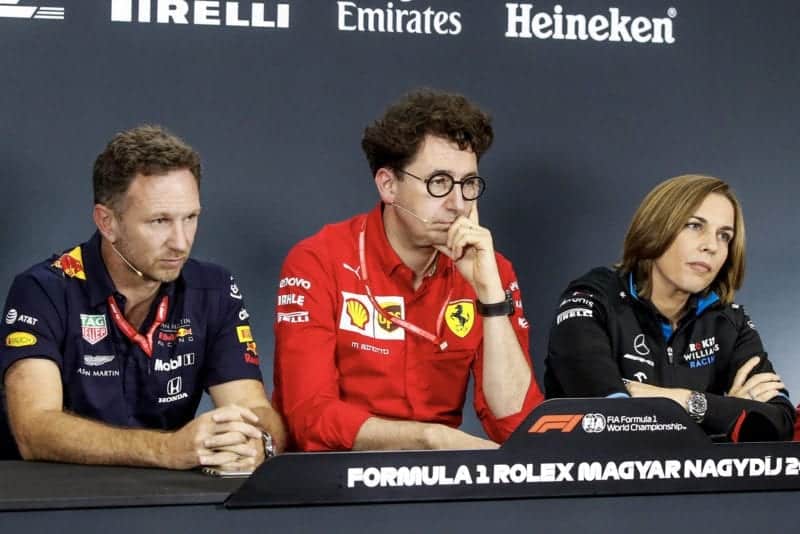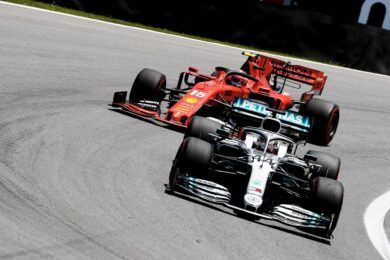The big teams were obviously where the value to F1 lay, and hence they had the whip hand in negotiations with CVC’s representative Bernie Ecclestone. He countered that with the divide and conquer technique he invariably used in team negotiations – but rather than use his usual foil Ferrari, he induced Red Bull’s Dietrich Mateschitz to break ranks first by offering his team a much bigger percentage of F1’s take than before. With the team unity thus broken, the run was then on: teams scrabbled to do deals before there was only a small amount of cake left. Ferrari was able to negotiate an even more handsome deal. Mercedes initially not so much, but its deal became much better once it had met the stipulation of two consecutive constructors’ championships that had been used as the justification for Red Bull’s deal. All of which left the top three teams with 55 per cent of the total payments, the remaining 45 per cent shared out between the remaining seven – even before the results-based part of the payments were applied. Ferrari, Mercedes and Red Bull now took an average between them of 18 per cent each of the total. The remaining seven got an average of 6.4 per cent each.
There’s no question that Ferrari (especially), Mercedes and Red Bull brought more value to the sport than the smaller teams. But under the 2013 deal that became self-fulfilling and set in stone. Realistically, it was now impossible to cross the much bigger moat that now surrounded the top three teams. No longer was it possible for a Frank Williams to come along and burst through the established order to become a top team, as he did in the late ‘70s/early 80s. Or as Ron Dennis did with McLaren at around the same time. When those top three deals were paying over $100m each (before the results-based component) and the smaller teams were receiving only around $35m each, it cemented in place a static hierarchy. Competition needs the vibrancy of new blood coming in and challenging the established order. The 2013 deal prevented that. The latest changes go some way to addressing that imbalance. It isn’t this deal that is anti-competitive, it was the previous one.







